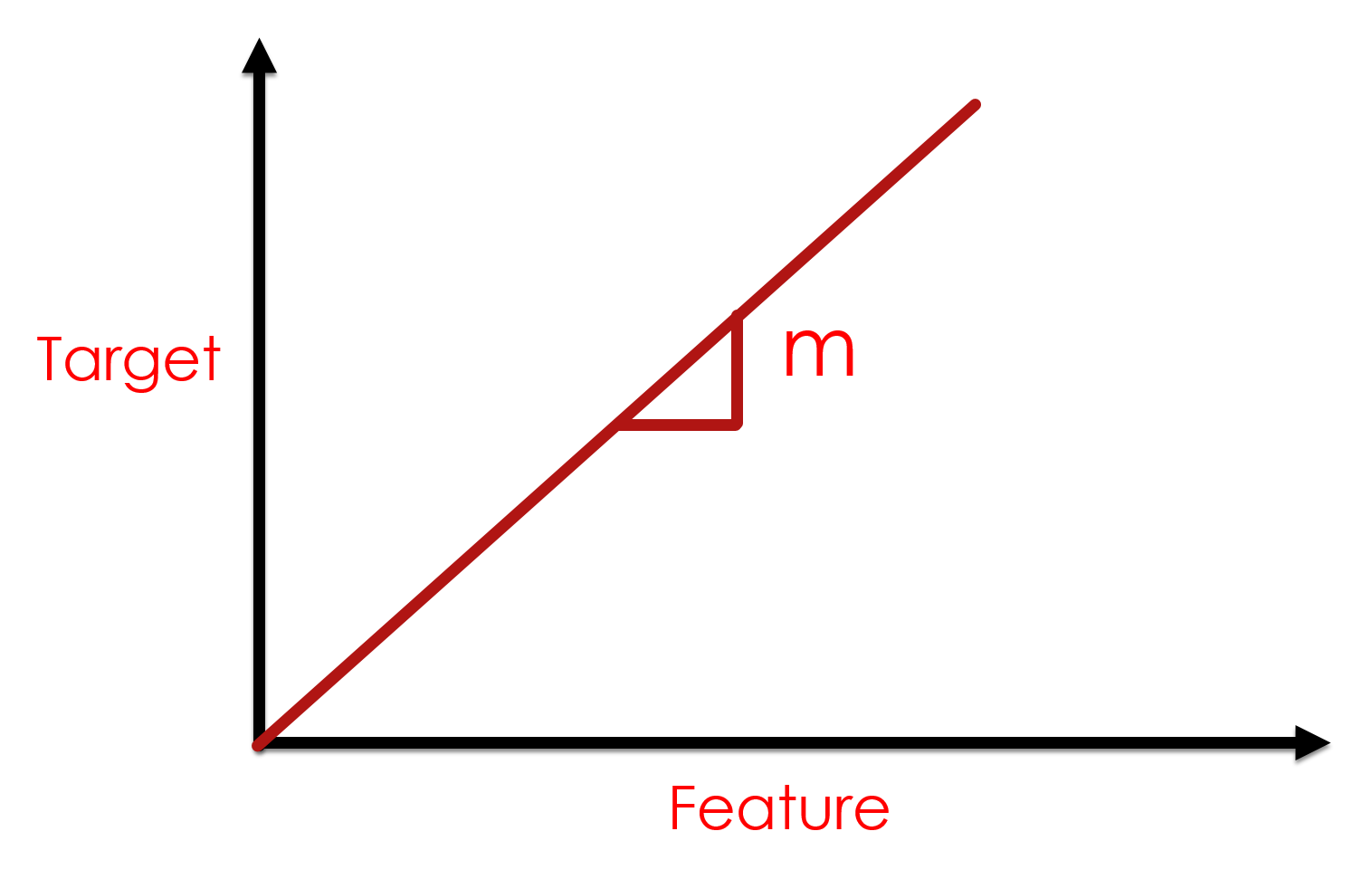I have a regression problem of a feature and a target which seems to be done by algorithms such as linear regression, multi-layer perceptron etc. The image below seems to be the final result as the linear regression needs just mean-squared error and its coefficients.

But on the other hand, also these two axes are highly correlated to some other thing and the process can not be generalized. I was wondering if PCA can be good or useful for this problem or not.
To make it a little bit clear the dataset is like below:
Time step1
feature 1 | feature 2 | feature 3 | feature 4 |
constantValue 1 |constantValue 1 | x1 | y1 |
...
constantValue 1 |constantValue 1 | x1000 | y1000 |
Time step2
feature 1 | feature 2 | feature 3 | feature 4 |
constantValue 2 |constantValue 2 | x1 | y1 |
...
constantValue 2 |constantValue 2 | x1000 | y1000 |
Time step3
feature 1 | feature 2 | feature 3 | feature 4 |
constantValue 3 |constantValue 3 | x1 | y1 |
...
constantValue 3 |constantValue 3 | x1000 | y1000 |
The constant values of features 1 and 2 are different from each other but they are all repeated for 1000 rows of features 3 and 4. The goal is to find a distinctive behavior for each group which seems to be a classification problem while doing a regression for each of which is the only thing that can be done because it can give me MSE and by comparing it, we can classify it but I think doing something like Clustering, PCA or using Unsupervised learning methods can help me out.
